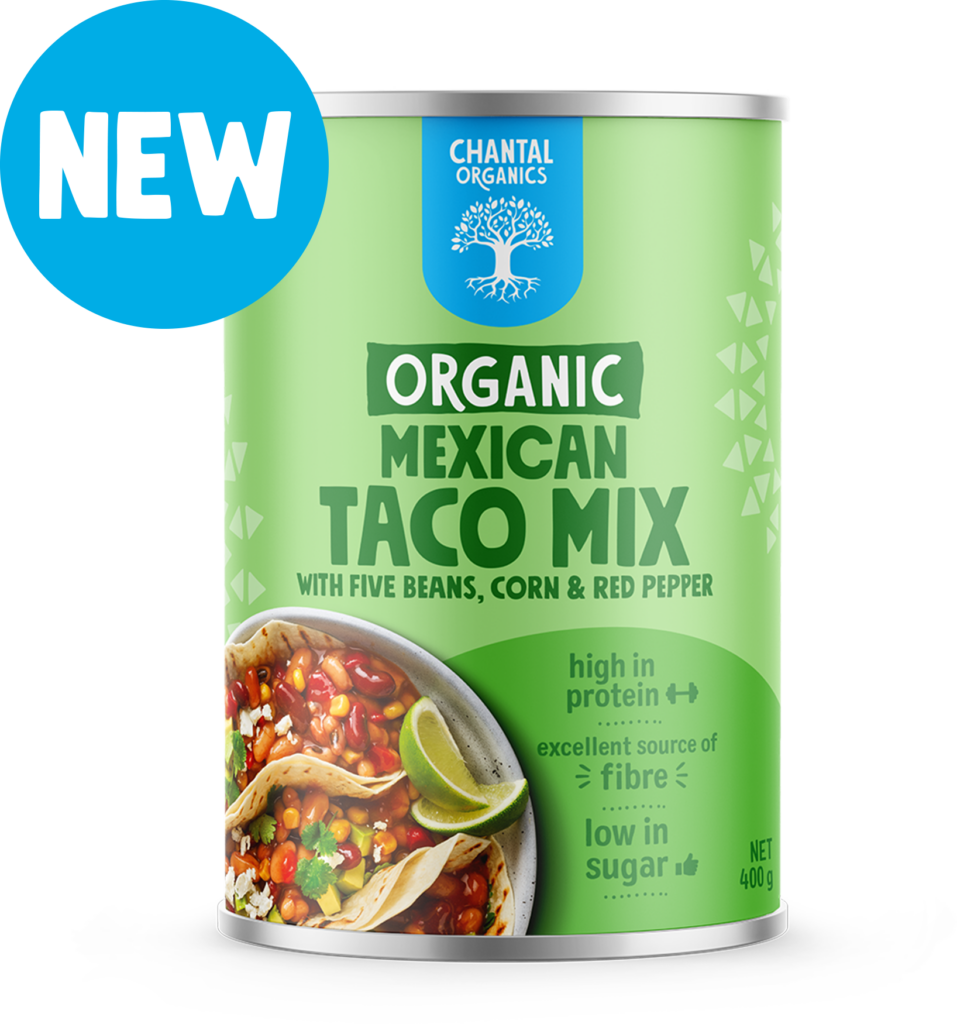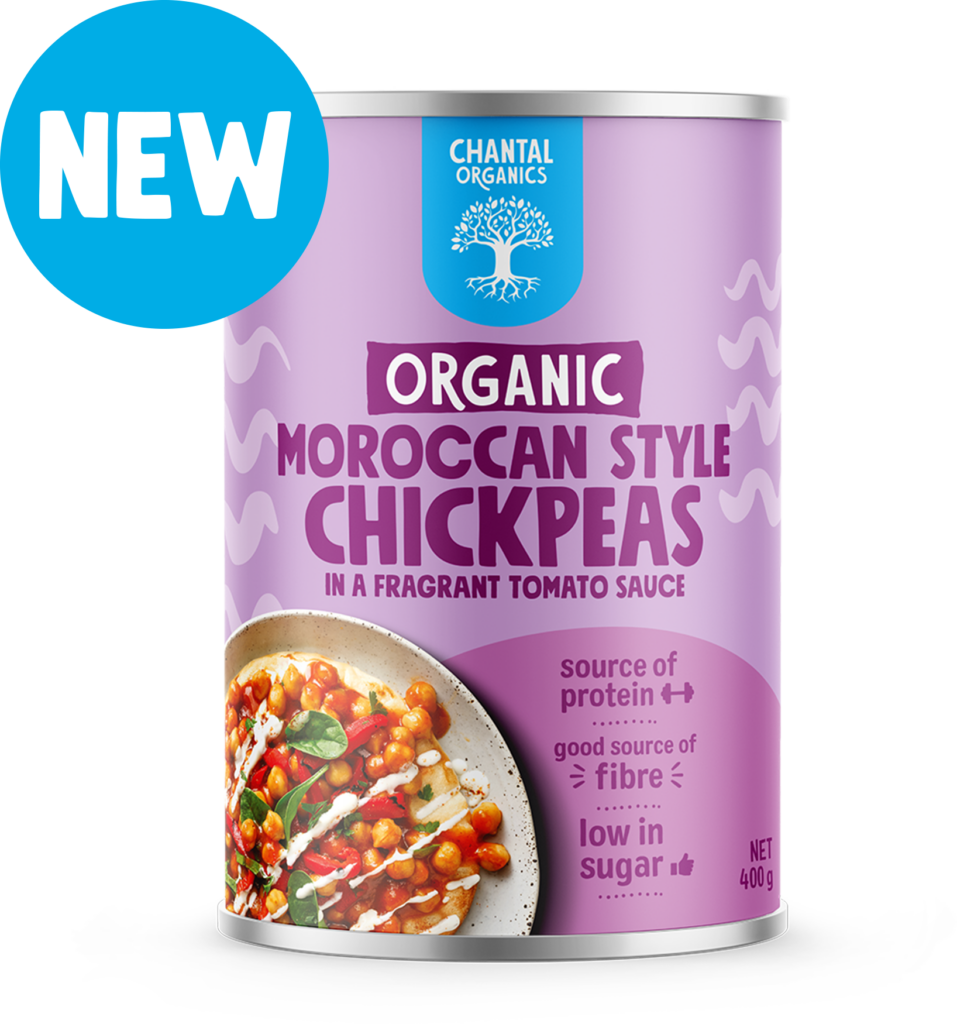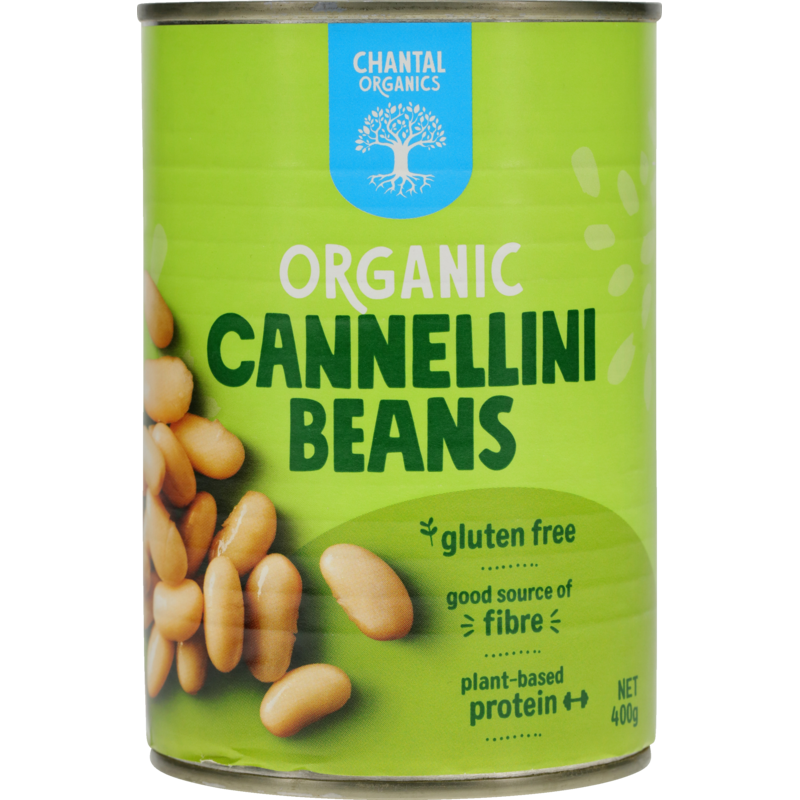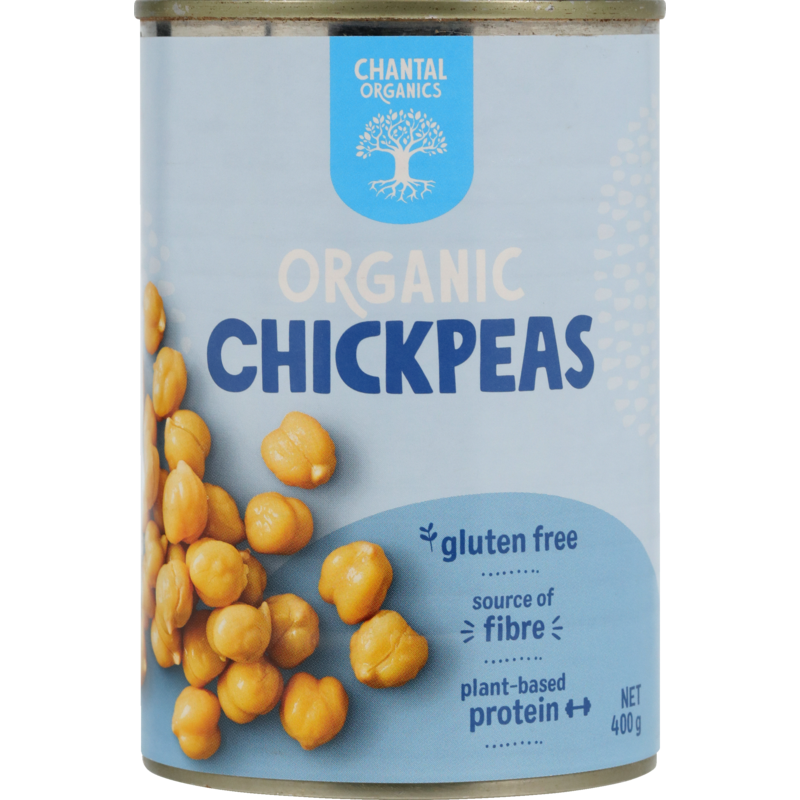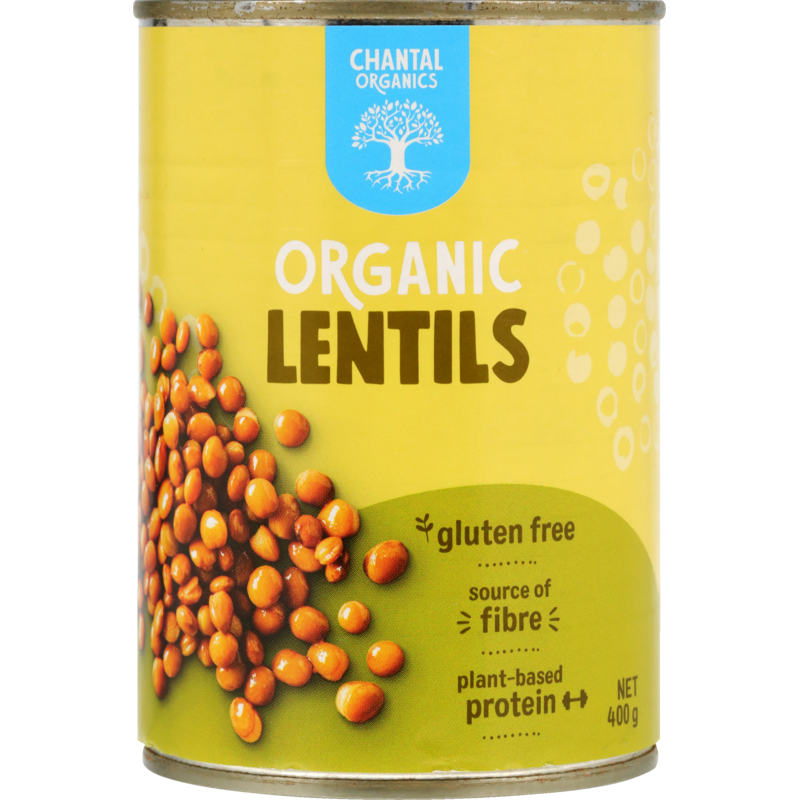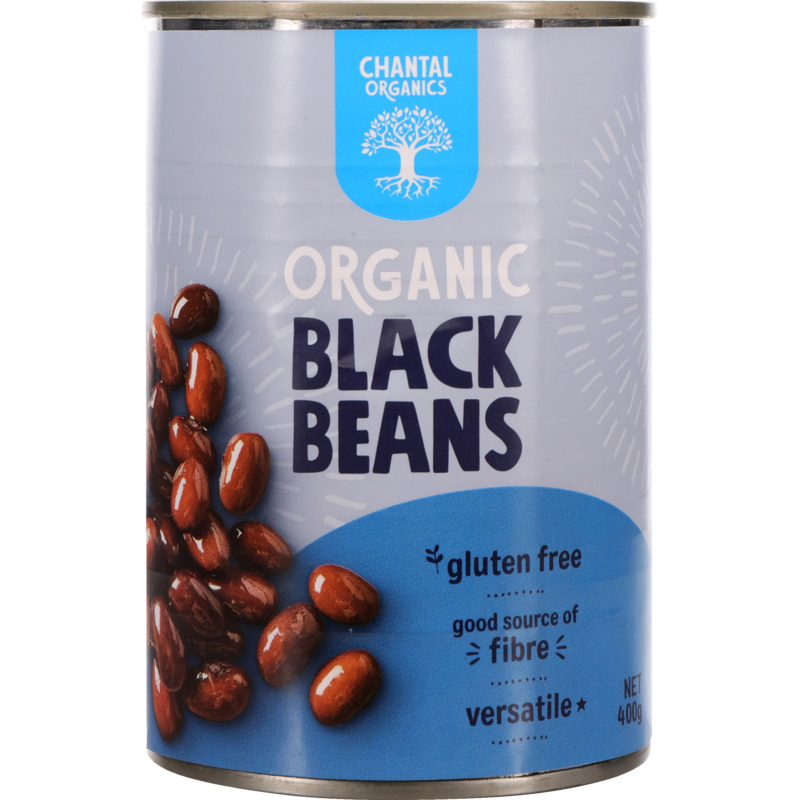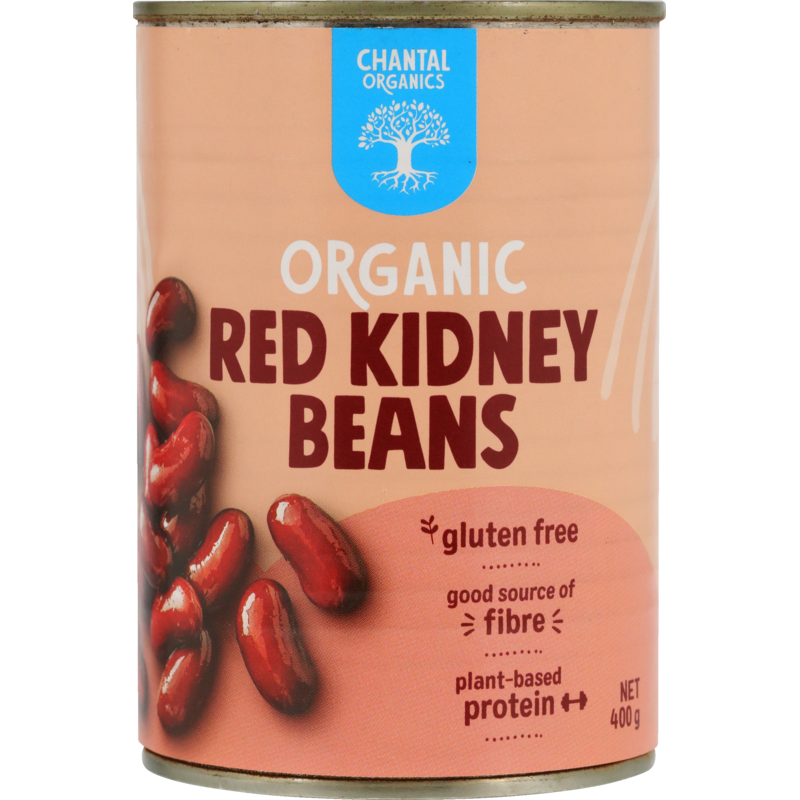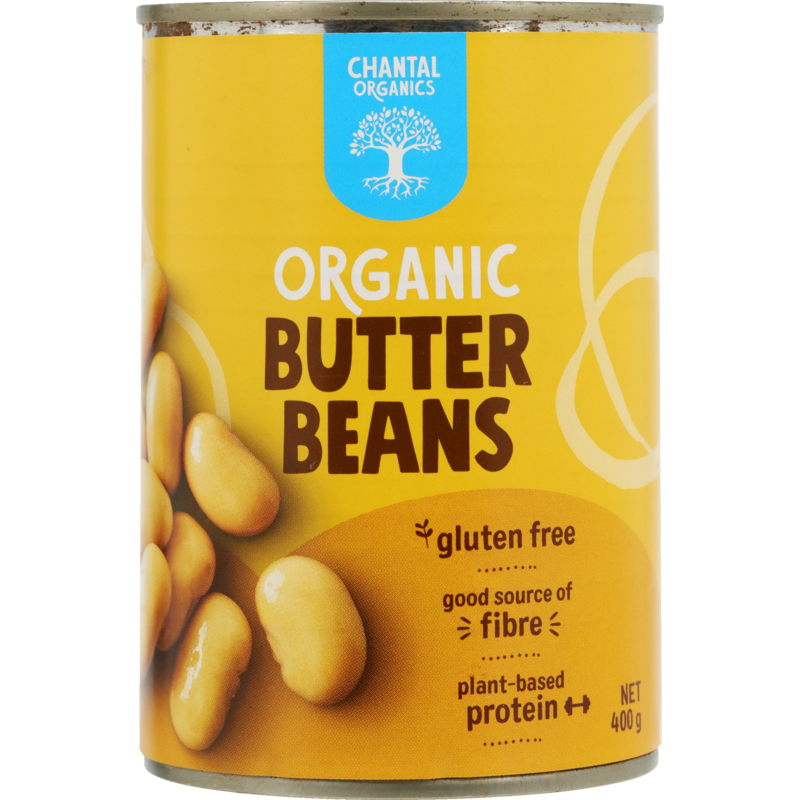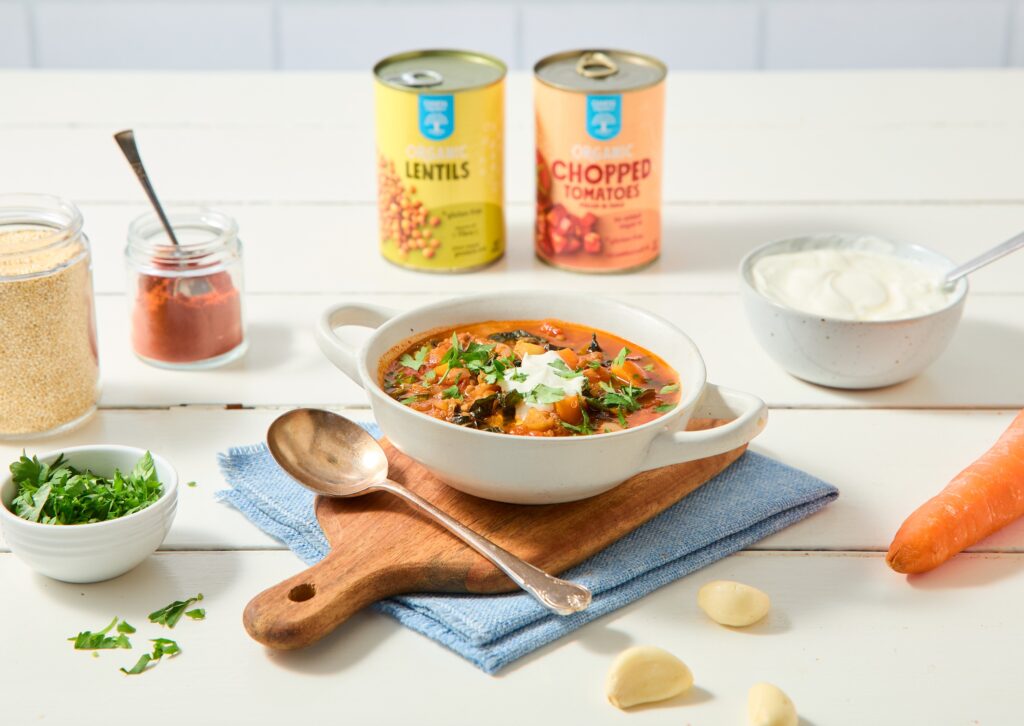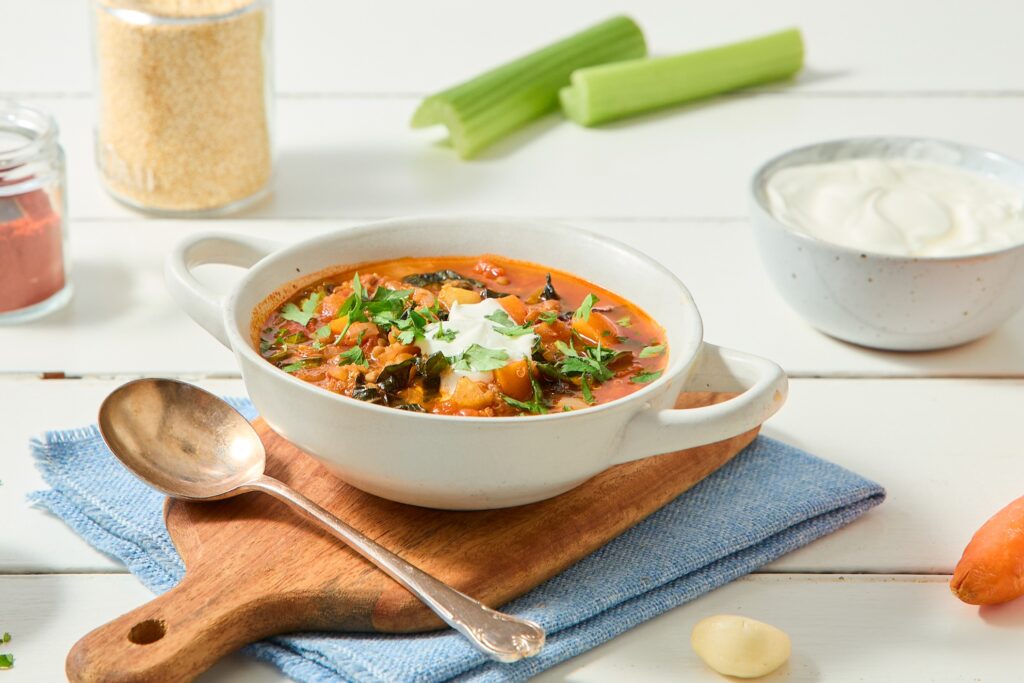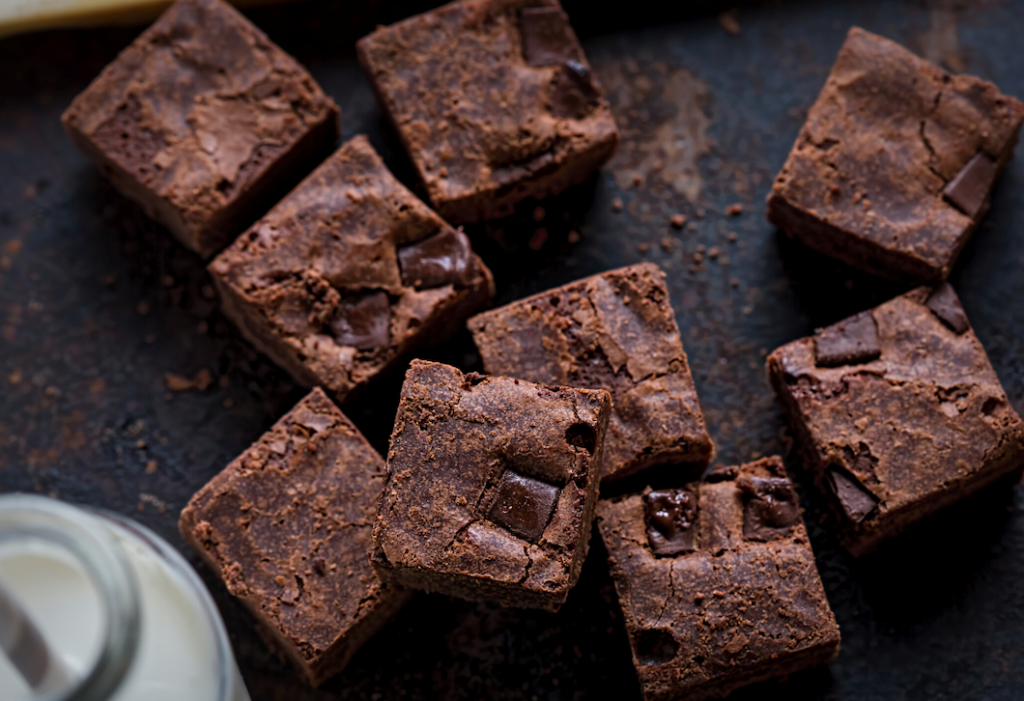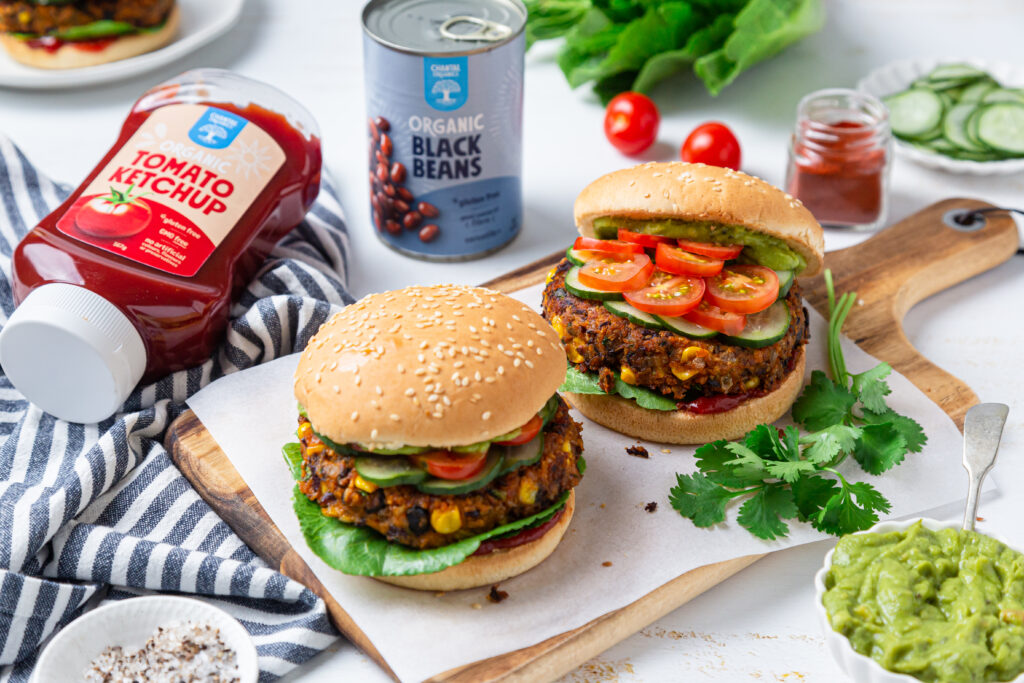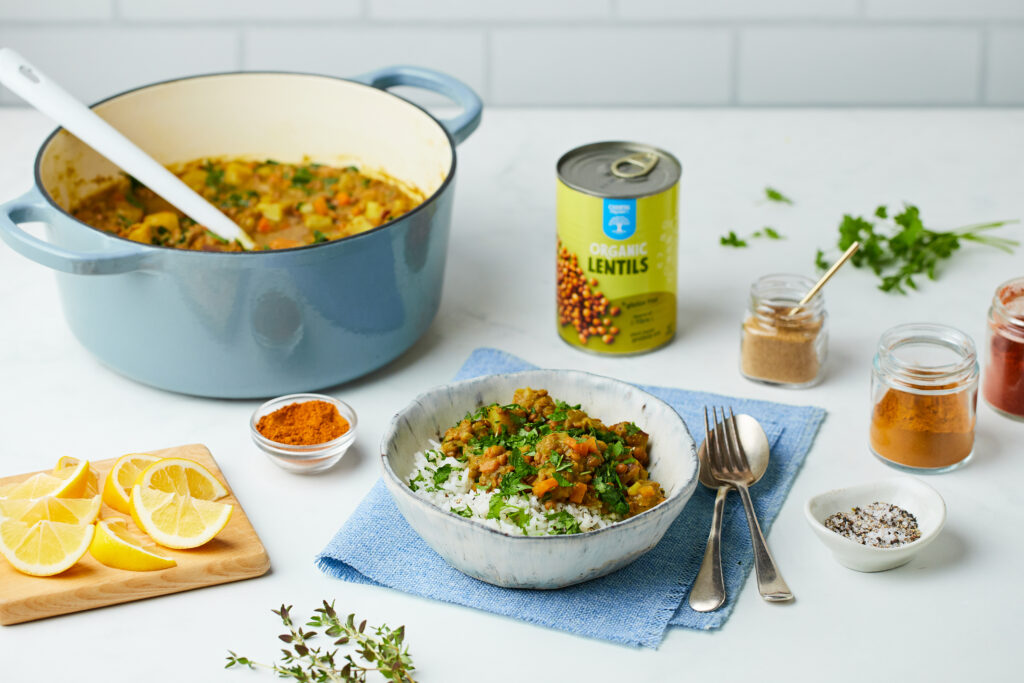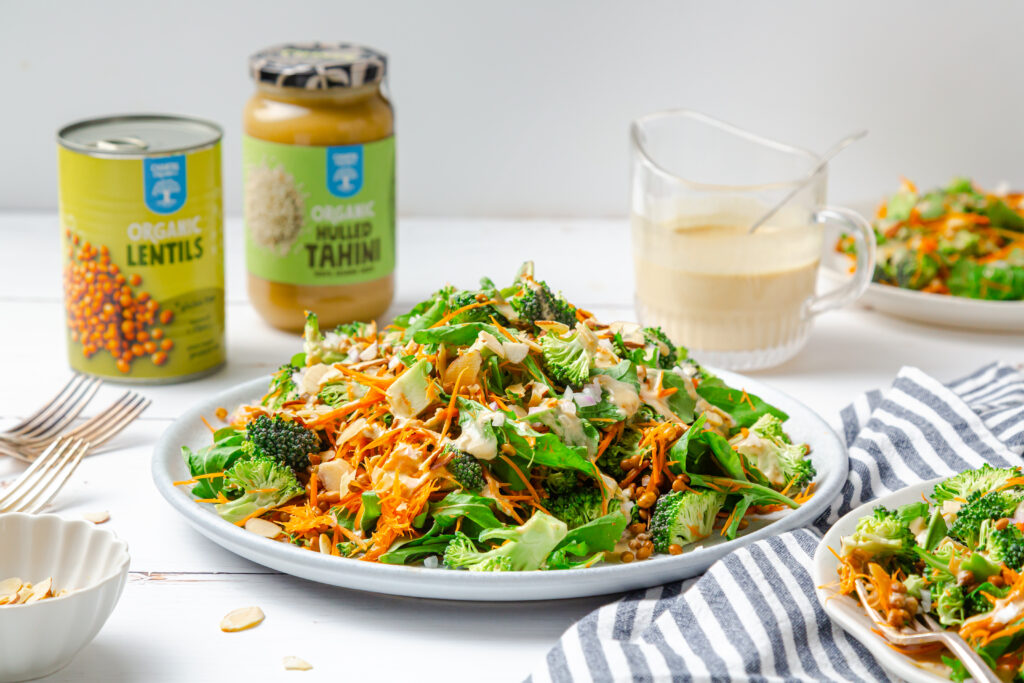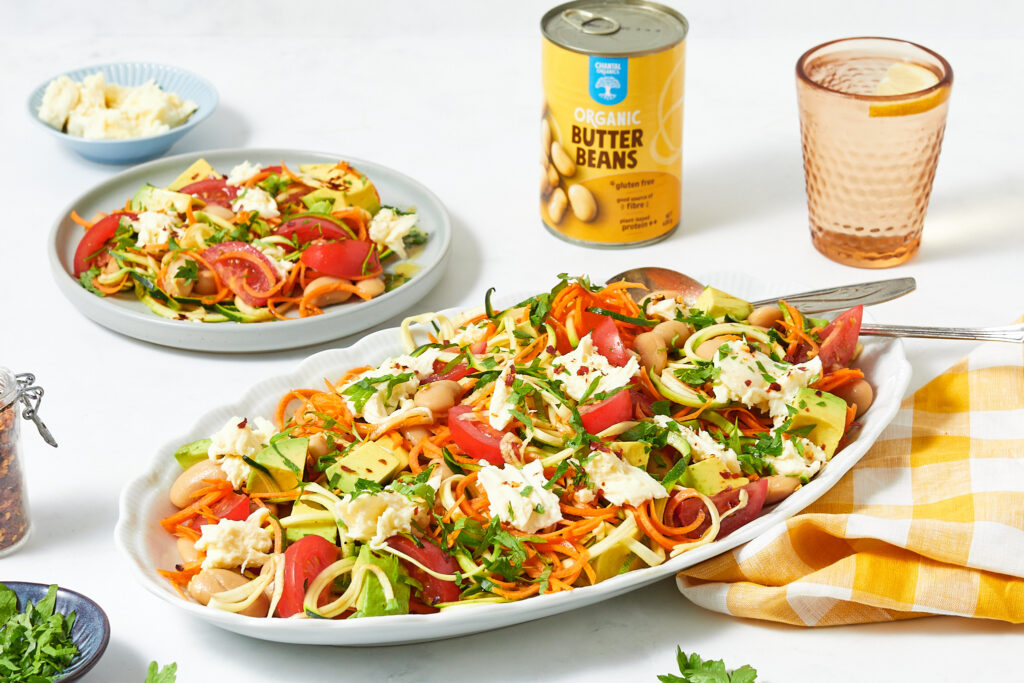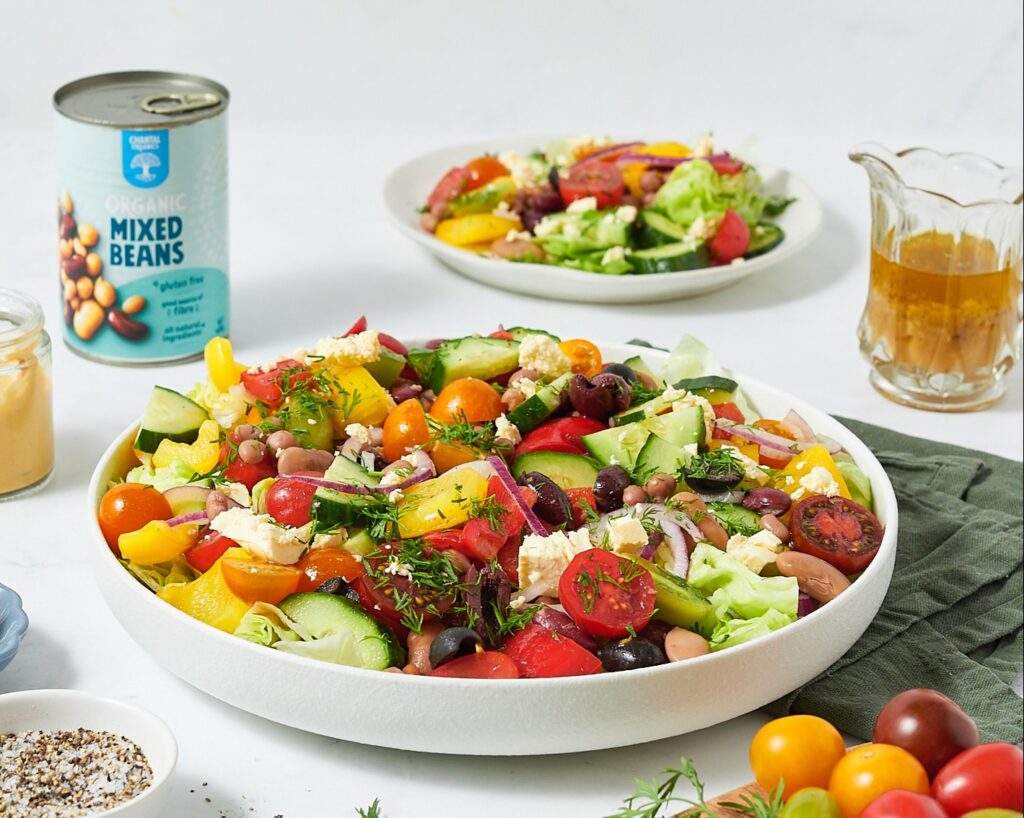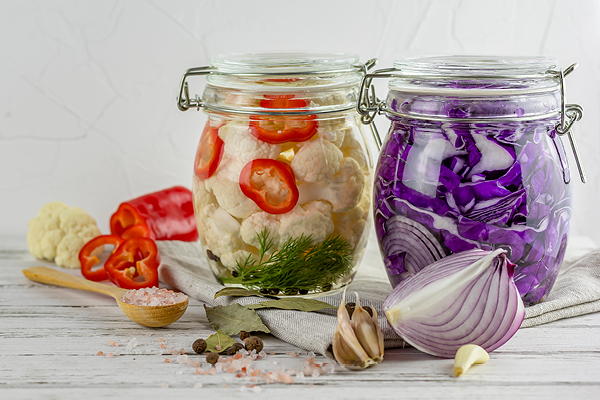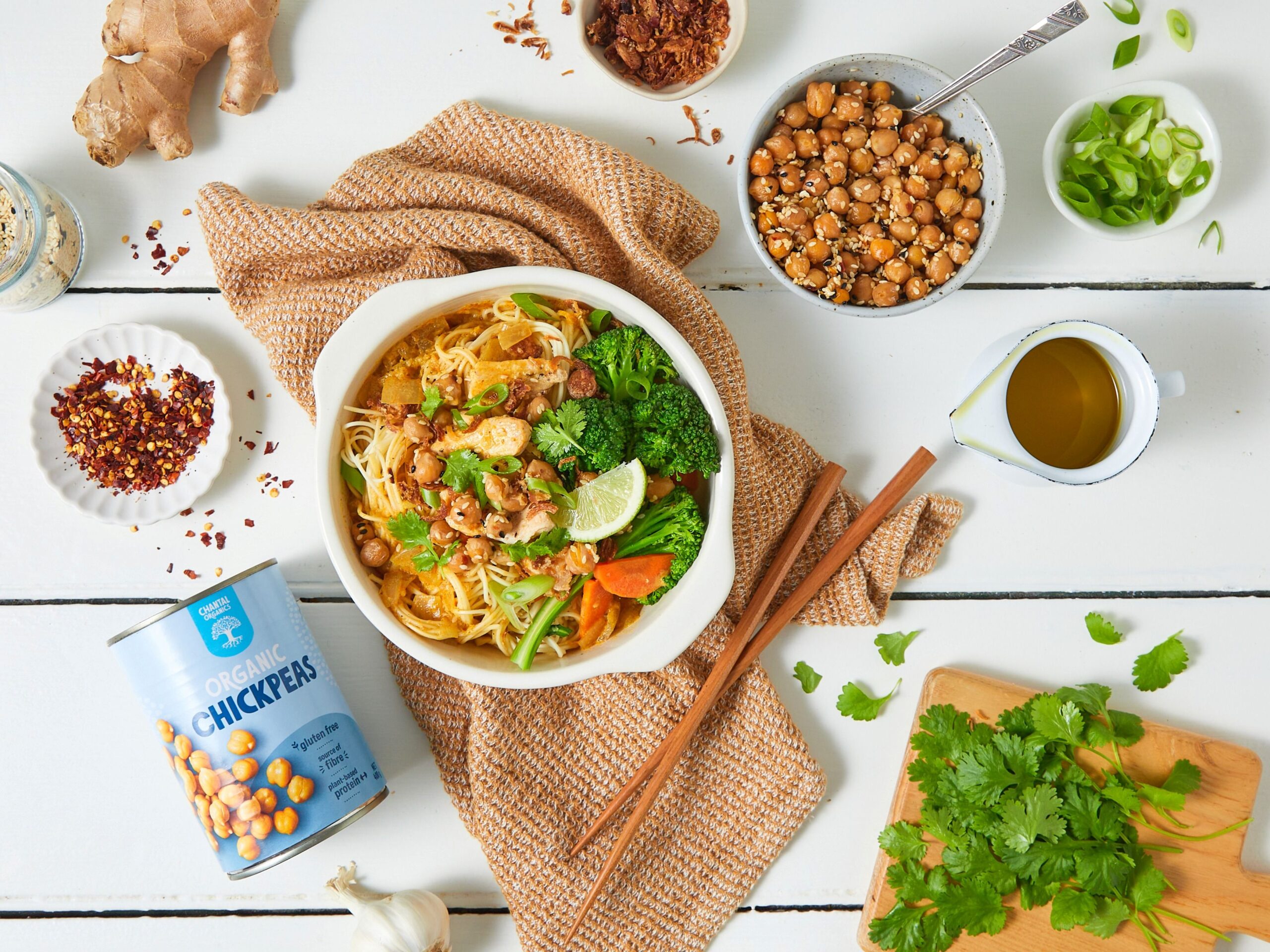
Beans are a plant-based protein that support healthy eating, protein goals, and a sustainable lifestyle.
The information contained in this article is for educational and informational purposes only and is not intended as health or medical advice. Always consult a physician or other qualified health provider regarding any questions you may have about a medical condition or health objectives.
Canned beans and legumes are an easy and economical way to boost your intake of plant-based protein. Find out more about the health benefits of beans, how easy they are to use and why they are considered sustainable protein.
The Health Benefits of Beans
Beans offer a comprehensive source of nutrition, including protein, fibre, carbohydrates, vitamins and minerals. They are also rich in polyphenols, a type of antioxidant that helps the body to remove free radicals. On the other hand, beans are naturally low in fat, with minimal amounts of saturated fat, sodium or cholesterol.
Plant-based Protein
Protein is a vital part of a well-balanced diet and plays an important role in many bodily functions. Protein provides the body with the nine essential amino acids that must be obtained from the diet. There are only a handful of plants that contain all nine amino acids, such as quinoa, amaranth, chia seeds and hemp seeds, spirulina, and nutritional yeast.
Other plant-based protein sources include beans and legumes (also high in fibre), grains (including oats, barley quinoa and amaranth), nuts and seeds, and soy (including edamame, tofu, tempeh or whole soybeans).
Plants that do not contain all nine essential amino acids on their own, can create a complementary protein, when aminos are sourced from other plants. As once thought, these foods do not need to be eaten at the same time. In general, eating a varied, wholefoods diet can provide the essential amino acids your body needs.

Dietary Fibre
There are two types of dietary fibre, both playing an important role in supporting a well-functioning body. Fibre supports digestive health, assists in strengthening the heart, helps prevent cardiovascular diseases, aids in regularity and creates a feeling of fullness and satiety, which can prevent overeating.
In addition to protein, beans are a good source of fibre. There are two types of dietary fibre: soluble fibre (found in beans), which dissolves in water and helps slow down digestion. And insoluble fibre that does not dissolve in water and supports regularity. Sources include whole wheat, carrots and nuts.
Beans Support a Sustainable Lifestyle
Awareness is growing around the environmental impact of our food choices. A plant-based diet focuses on food derived from plants and contributes to a more sustainable food system by reducing reliance on resource-intensive animal agriculture.
Growing crops such as legumes, grains, and vegetables require fewer resources and produce significantly less greenhouse gas emissions compared to animal-based foods. The carbon footprint of plant-based foods is generally 10x lower than animal products. For example, producing a kilo of beef results in 27 CO2 equivalent emissions, while a kilogram of lentils generates 0.9 kilograms of CO2 equivalent emissions.
The water footprint of producing plants is much smaller than the water foodprint of producing animal products. One kilogram of beef requires 15,415 litres of water, while one kilogram of pulses requires 4,055 litres of water and one kilogram of vegetables require 322 litres of water. Learn more about Water Footprints of Food here.
Growing legumes is good for the soil too. They naturally put necessary nutrients back into the soil, such as atmospheric nitrogen. The nitrogen left in the soil plays a valuable role in crop rotations.
Including more plant-based foods in your diet can serve as a powerful tool in promoting environmental sustainability. Whatever your dietary preference, by simply adding more plant-based foods, you can make a difference. The earth does not need a handful of people eating perfectly, but millions of people making small changes to their eating habits.
The Planetary Health Diet
If your main goal is eating to support the planet, check out the Planetary Health Diet, which is a science-based dietary plan designed to promote human health and protect the planet, linking what we eat with how we sustain life on earth.
This diet is rich in plants, including whole grains, fruits, vegetables, nuts, and legumes, with only moderate or small amounts of fish, dairy, and meat.
Easy Ways to Add Beans to Your Diet
Canned beans provide convenience, as the beans are precooked and ready for use. Simply rinse and add to your recipe.
If you’re new to beans, here are a few ideas, along with our favourite bean recipes.
- Bulk up your Main Dishes
Canned beans can be used to stretch meat-based meals with plant-based protein.
- Quinoa & Lentil One Pot Meal
- Mexican Style Beans & Chorizo Soup
- Add this Taco Bean Mix to your taco mince for a boost of flavour and to stretch the meal for unexpected guests.
- Our Moroccan Style Chickpeas are easy to add to any curry. Take this Cauliflower & Chickpea Masala to the next level
- This budget friendly recipe, Beef & Beans Hotpot uses beef mince for a deep flavour and a variety of canned beans to feed a large crowd.
2. Beans in Baking
A can of beans gives a fudgy consistency to baking, along with a sneaky serving of protein and fibre. Chickpeas have become a popular addition to brownies, try this Chocolate Chickpea Brownie.
This Luscious Lemon Cake uses a can of cannellini beans instead of butter. And you would never know it! Top it with the strawberry cream cheese frosting for a birthday party or skip the frosting and drizzle with lemon syrup for lunchboxes.
3. Cooking with Beans
Beans are a versatile and affordable ingredient. They can feature in the main dish or be used as a side. From curries and soups to bolognese and burgers, beans are a winner for dinner!
- Red Kidney Bean Coconut Curry
- Coconut Curry Chicken Noodle Soup with Spicy Chickpeas
- Bolognese Chilli
- Lentil Spaghetti Bolognese
- Kumara and Black Bean Veggie Burger
- Our new range of flavoured beans make dinner even easier!
4. Boosting Salads with Beans
Use beans to make your salad into a meal.
- Black Bean Broccoli Quinoa Salad
- Butterbean & Veggie Noodle Salad
- Mixed Bean Greek Salad
- Broccoli & Lentil Salad with Tahini Dressing
- Tangy Bean Salad with Grilled Summer Vegetables
Whatever eating plan you prefer, there are benefits of adding beans to your diet. Which recipe will try this week?
PRODUCTS MENTIONED
